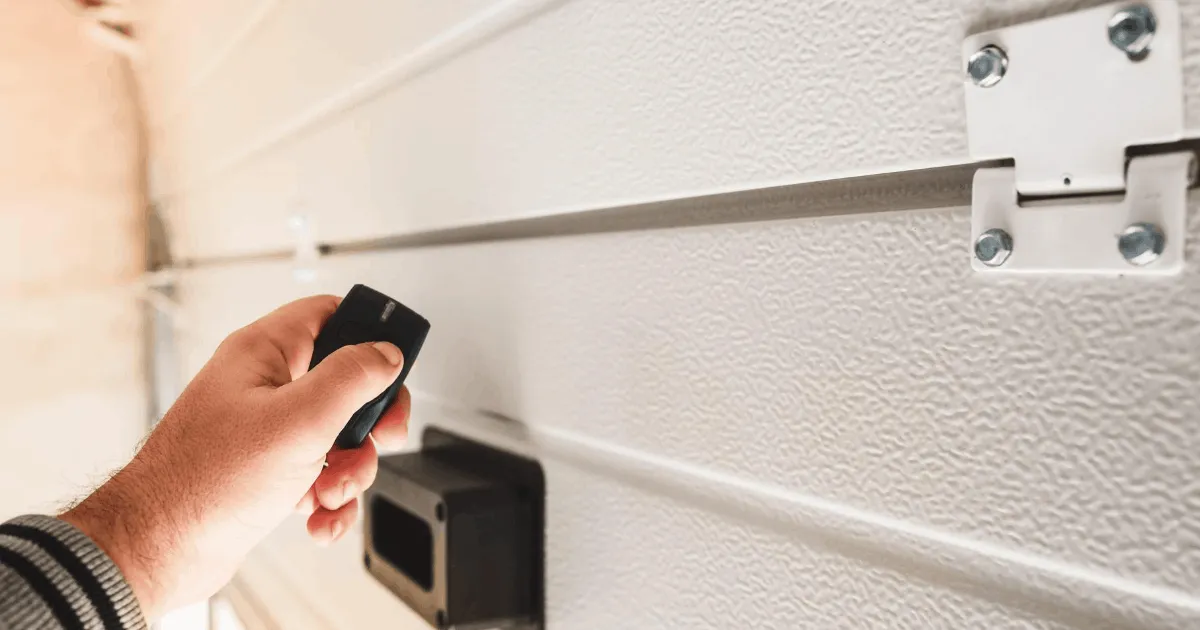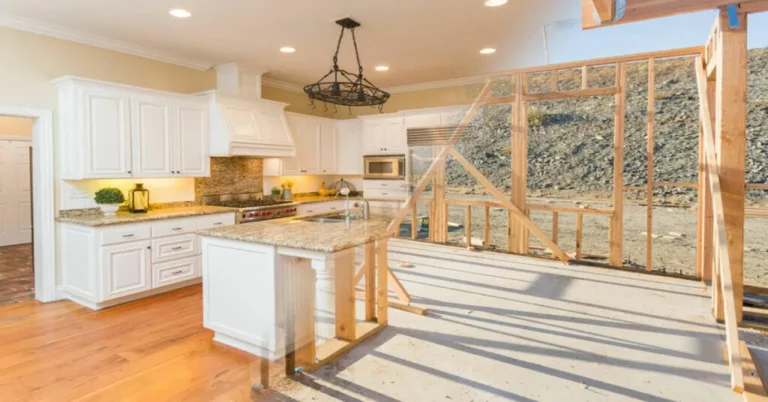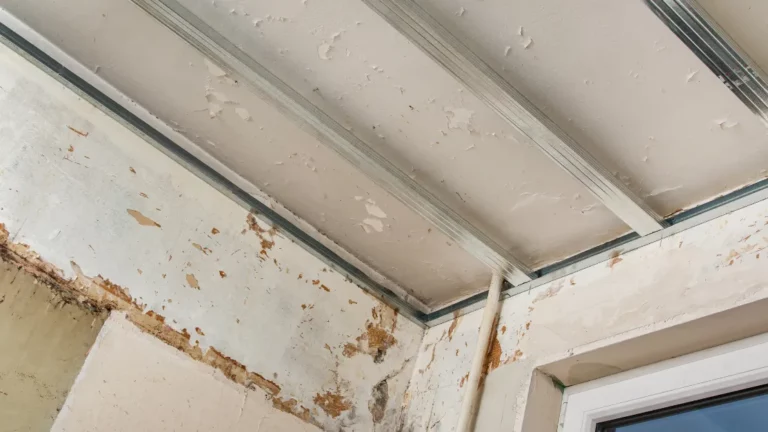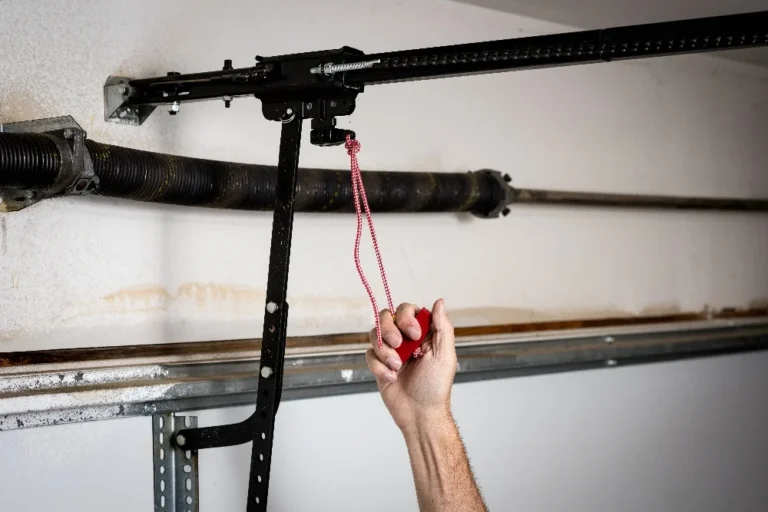Why is my garage door not responding to the remote?
Is your garage door giving you the silent treatment? You press the button on your remote, expecting to hear that familiar hum and see the door gracefully glide open. But instead, there’s nothing. No response. It’s like your trusty garage door has decided to go on strike.
Don’t worry; you’re not alone in this frustrating situation. Many homeowners have experienced their garage doors refusing to respond to their remotes at one time or another. And while it may seem like a major inconvenience, the good news is that there are usually simple solutions to get things back on track.
We’ll explore some common reasons why your garage door might not respond to its remote and provide troubleshooting tips for getting it working again. So let’s roll up our sleeves and dive into this mystery together!
Common Problems with Garage Door Remotes
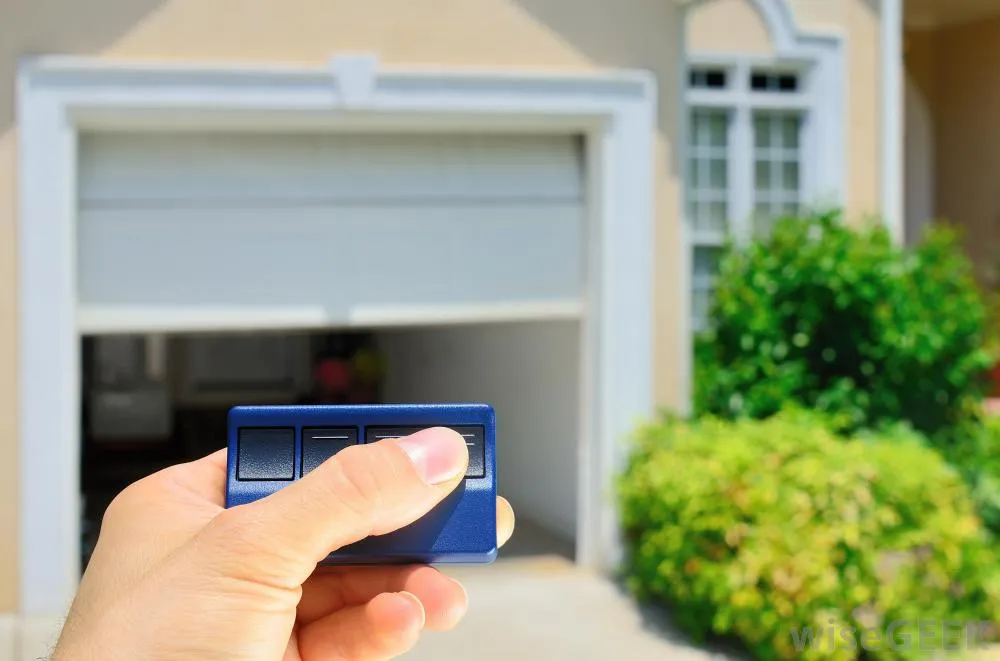
Drained batteries, physical damage, disrupted signals—these are just a few of the common issues that can render your garage door remote useless. Maybe you forgot to replace the batteries or accidentally dropped the remote too many times. Or perhaps there’s interference disrupting communication between the remote and the opener. Don’t panic just yet, though, because we’ll dive deeper into these problems and more in the next sections!
Drained Batteries
One common problem that can cause a garage door remote to stop responding is drained batteries. When the batteries in your remote are low or dead, they won’t be able to send a signal to the garage door opener. By replacing the outdated batteries with new ones, this is easily fixable. So, if you find your garage door not responding to the remote, check the batteries first!
Physical Damage
A Possible Culprit for a Non-Responsive Garage Door Remote
Sometimes, the culprit behind your garage door remote not responding is physical damage. It could be due to accidental drops or bumps that have caused internal components to malfunction. Additionally, water damage from leaks or exposure to moisture can also affect its functionality. If you notice any cracks, dents, or other visible signs of damage on your remote, it’s time to consider replacing it with a new one. Remember, prevention is key—handle your remote with care and keep it away from potential hazards!
Disrupted Signal
Have you ever experienced the frustration of pressing your garage door remote, only to have nothing happen? One possible reason for this is a disrupted signal. Sometimes, interference from other electronic devices or even neighboring garage doors can cause your remote signal to get scrambled. This can prevent your garage door from receiving the command to open or close. If you suspect a disrupted signal, try repositioning the antenna on both the remote and the receiver to improve reception and restore communication between them.
Engaged Lock Button
One common problem that can cause your garage door remote to not respond is an engaged lock button. Sometimes, without realizing it, you may have accidentally pressed the lock button on your remote, which disables the functionality of the remote. Simply pressing and holding down the lock button once more until it disengages will solve this. So before panicking about a malfunctioning remote, make sure to check if the lock button is causing the issue!
Remote Needs Reset
If your garage door remote is not responding, one possible issue could be that it needs to be reset. Resetting the remote can often fix any communication problems between the remote and the opener. To reset it, try unplugging the opener from the power source for a few minutes and then plugging it back in. This simple step may be all you need to get your garage door remote working again!
Door Wiring Malfunction
One possible reason why your garage door is not responding to the remote could be a door wiring malfunction. Over time, the wires connecting the remote receiver and opener may become frayed, damaged, or disconnected. This can prevent the signal from reaching the opener and cause communication issues between the remote and the door. If you suspect a wiring problem, it’s best to consult a professional for a proper diagnosis and repair.
Possible Causes for Garage Door Remote Failure
Dead Batteries: One of the most common causes for a garage door remote to stop working is dead batteries. If your remote isn’t responding, try replacing the batteries with fresh ones and see if that solves the issue. It’s a simple fix that can save you unnecessary frustration. Always keep spare batteries on hand, just in case!
Dead Batteries
One common reason why your garage door remote may not be responding is dead batteries. Over time, the batteries in your remote can lose their charge and need to be replaced. When this happens, the signal from the remote may not be strong enough to activate the door opener. To fix this issue, replace the batteries with fresh ones and test if the remote is working again.
Radio Frequency Interference
Radio frequency interference can be a frustrating culprit when your garage door remote stops responding. Other devices, such as cordless phones or baby monitors, that emit signals on the same frequency as your remote are to blame for this interference. The conflicting signals can disrupt the communication between your remote and the garage door opener. To resolve this issue, try moving any potential sources of interference away from the garage area or consider investing in a new remote with a different frequency. Keep reading for more troubleshooting tips!
Lock Button Engaged
One possible cause for your garage door remote not responding could be that the lock button on the remote is engaged. This feature is designed to prevent accidental operation of the door. If you see a lock symbol or indicator on your remote, try pressing and holding the lock button to disengage it. Then, test if the remote can now operate the garage door.
Need for Reprogramming
If your garage door remote is not responding, one possible cause could be the need for reprogramming. Over time, the programming codes can become corrupted or lost, causing the remote to stop working. Reprogramming your remote is a simple process that involves clearing out the old codes and inputting new ones. This can often resolve issues with unresponsive remotes and restore functionality to your garage door system.
Blocked or Damaged Photo Eyes
Blocked or damaged photo eyes can also cause your garage door remote to stop responding. Photo eyes are safety sensors located near the bottom of the garage door tracks. It may disrupt the signal between the remote and the opener if they become obstructed or out of alignment. Regularly inspect and clean these sensors to ensure they are functioning properly and not obstructed in any way.
Door Control Wiring Problem
One possible cause for your garage door remote not responding could be a problem with the door control wiring. Over time, the wires can become damaged or disconnected, preventing the signal from reaching the motor. If you suspect this is the issue, it’s best to call in a professional to assess and repair any wiring problems. Don’t let faulty wiring keep you from accessing your garage smoothly!
How to Troubleshoot Unresponsive Garage Door Remotes
If your garage door remote is not responding, don’t panic! There are a few troubleshooting steps you can take to get it working again. First, check the batteries and replace them if needed. Next, make sure there is no physical damage to the remote or the door itself. If that doesn’t solve the issue, try resetting the remote or checking for wiring malfunctions. Remember, if all else fails, it’s best to consult a professional for help.
When to Consult a Garage Door Professional for Help
If you’ve tried troubleshooting your unresponsive garage door remote to no avail, it may be time to call in a professional. Garage door professionals have the knowledge and expertise to diagnose and fix complex issues that you may not be able to handle on your own. They can assess the problem accurately and provide effective solutions, ensuring that your garage door is back up and running smoothly in no time. Don’t hesitate to seek their help when needed!
Tips for Maintaining and Preventing Garage Door Remote Issues
To ensure that your garage door remote continues to function smoothly, here are some helpful tips for maintenance and prevention:
- Regularly check the batteries: Replace the batteries in your remote at least once a year, even if they still seem to be working fine. This will prevent any sudden battery drain issues.
- Keep the remote clean and free from physical damage. Avoid dropping or mishandling your remote, as this can cause internal damage. Additionally, regularly clean the buttons and casing of the remote to remove any dirt or debris that may interfere with its functionality.
- Protect against radio frequency interference: Some household devices, like cordless phones or Wi-Fi routers, can disrupt the signal between your garage door opener and remote. To minimize interference, keep these devices away from your garage area or invest in a rolling code technology system that changes frequencies with each use.
- Look for an engaged lock button: If the door will not open with the remote, make sure there is not a lock on the door or the wall control panel.
- Regular resets should be carried out as needed. Try resetting your garage door remote according to the manufacturer’s instructions if you observe ongoing problems with its response. This typically involves removing power from both the opener unit and remote control before syncing them again.
- Examine the picture’s eyes for obstructions or damage: The photo eyes located near ground level on either side of your garage doorway play a crucial role in detecting obstacles while closing the door. Ensure they are aligned properly without any obstructions blocking their view.
- Schedule professional inspections: It’s advisable to have a trained technician inspect and service all components of your garage door system on an annual basis or whenever you encounter recurring problems with responsiveness.
By following these tips and implementing regular maintenance practices, you can significantly reduce instances of unresponsive garage door remotes and enjoy the hassle-free operation of your garage door system.
